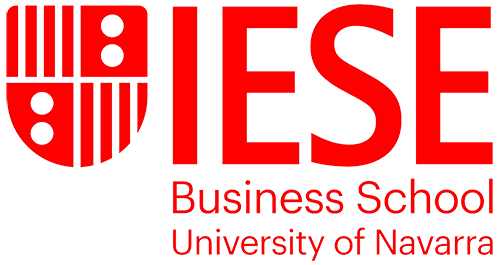Co-creation is a developing new paradigm that allows companies and customers to create value through experience and interactive relationships. Co-creation also allows and encourages a more active involvement from the wider eco-system to create a value-rich experience.
One focus area of the BoostEuroTeQ project is to explore how our universities are putting co-creation into practice – and to learn from the process to develop strategies to enhance co-creation practices.
What do we mean by “Co-Creation” and what is its purpose?
Our BoostEuroTeQ colleague Carlos Cuevas Garcia at TUM, who is researching this topic, gives a brief explainer in the following video.
How can co-creative education make an impact on society?
Lukas Fuchs from TU Eindhoven is part of our BoostEuroTeQ team researching questions regarding co-creation and responsibility. In this EU Horizon2020 project, we are not only investigating co-creation practices but support the development of learning networks to increase co-creation practices in our University communities.
What does co-creation mean for engineering education?
Universities should be looking to integrate co-creation teaching into their curricula to bolster creativity and innovation. Benefits of such an approach include increased engagement and knowledge retention from students, as well as an increase in outputs such as patents and new products. However, several challenges need to be taken into account. These include the need for co-creators to be evenly distributed across courses and departments, and the need for universities to invest in training and development for those who will be implementing the teaching method.
Within our project BoostEuroTeQ, we investigate indicators, benefits and challenges for successful co-creation teaching at universities. But what should we be teaching engineers about society in the first place? Why is it important? Watch our research team from DTU – Technical University of Denmark Monamie Bhadra Haines, Corinna Voll and Maja Horst explain.







